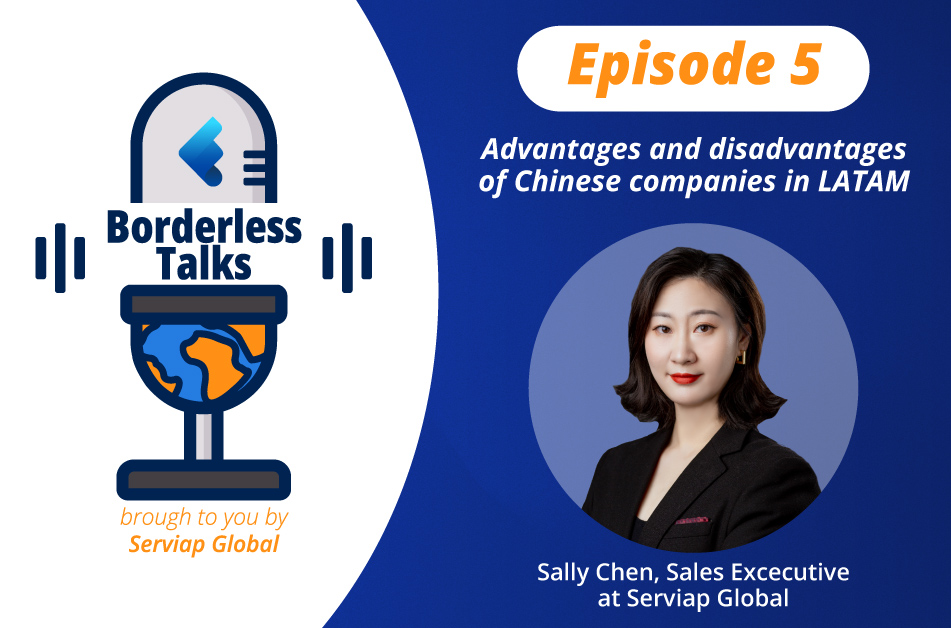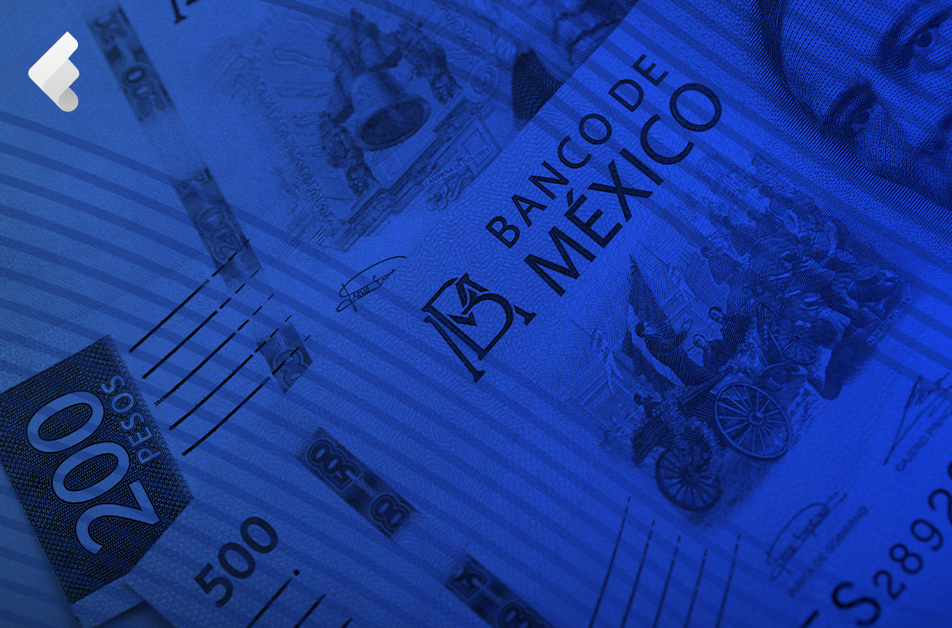Table of Contents
For businesses looking to expand their remote teams with HR assistance, two options often come to mind: EOR vs PEO, also known as Employers of Record and Professional Employer Organizations.
Both recruitment models allow you to hire and manage employees abroad efficiently, but each has distinct advantages and limitations. So, which one should you choose?
The definition
People often disregard the differences between EOR vs PEO, because both services handle key HR tasks and can present overlaps in services. Let’s understand what they are.
Employer of record (EOR):
An Employer of Record (EOR) is a third-party service provider that serves as the legal employer of a company’s workforce in a specific country or region, especially when the company does not have a legal entity there.
The EOR takes on the full legal responsibility for hiring and managing employees, ensuring that the company complies with local labor laws without the need to establish a physical presence or legal entity in that country.
Professional employer organization (PEO):


A Professional Employer Organization (PEO) is a company that enters into a co-employment agreement with businesses, typically to manage HR functions for their domestic workforce. In this model, the PEO and the client company share employment responsibilities.
The PEO handles HR administration, payroll, benefits, and compliance, while the client company retains full control over day-to-day management and strategic decisions. Unlike an EOR, the client company remains the legal employer of its employees.
The main roles
| Employer of record (EOR) | Professional employer organization (PEO) | |
| Description | Third-party legal employer | Co-employer |
| Flexibility | High flexibility, less control over HR functions | Control over HR operations |
| Internationality | Ideal for international hiring without a local presence | Suitable for companies with an international presence needing HR outsourcing |
| Key services | Manages payroll, taxes, compliance, and HR tasks | Comprehensive HR services including payroll and compliance |
1) Flexibility
EOR: Works as a legal employer, so they handle compliance, payroll, and employment contracts. This can be highly flexible for companies looking to offload compliance risks but may reduces direct control over some HR policies.
PEO: Operates under a co-employment model, allowing the client company more control over employee management while outsourcing HR tasks. This gives the company more flexibility in managing employees directly but less flexibility in reducing administrative burdens or entering new markets.
2) Internationality
EOR: Designed specifically for international operations, such as seizing new opportunities in bordeless talent in tech work. They allow businesses to hire and manage employees in multiple countries without setting up entities, so they offer a streamlined approach to scaling globally.
PEO: It is more suited for businesses with domestic operations that need support managing their workforce. If a company wants to expand internationally using a PEO, they would first need to set up entities in each country.
The pros and cons
| Employer of record (EOR) | Professional employer organization (PEO) | |
| Health benefits assistance | ✓ | ✓ |
| Takes legal responsability | ✓ (full liability) | X (shared liability) |
| Requires your own legal entity | X | ✓ |
| Minimum amount of employees required | X | ✓ |
| Visa and Immigration Support | ✓ | X (limited to domestic assistance) |
EOR vs PEO: How to choose?
The first step is to define your main goal. There is no one-size-fits-all solution. The following questions can help you make the best choice for your business.
Expanding globally without setting up a legal entity?
An EOR ensures compliance with regulations as a local representation for your company, allowing you to hire internationally without needing to establish a legal entity.
Need help managing HR for international remote workers?
An EOR can take over employment responsibilities, such as payroll, taxes, and benefits, for remote workers located in different countries.
Expanding within the same country and need HR support?
A PEO can help with administrative tasks like payroll, benefits, and HR management for domestic operations, without the need to partner with an EOR.
Want to share HR responsibilities while retaining legal control?
A PEO allows your company to retain legal control over employees while outsourcing HR tasks such as compliance and benefits administration.
Looking to minimize compliance risk in international markets?
An EOR takes full responsibility for complying with local labor laws, reducing the legal risk for your company when hiring abroad.
Conclusion
Navigating the complexities of remote hiring requires a strategic approach tailored to your company. In making your decision between EOR vs PEO, consider factors like international presence, control over HR functions, compliance risk, and flexibility needs.
Ultimately, choosing between an EOR and a PEO depends on aligning the model’s strengths with your company’s strategic objectives, and there is no general right answer. By carefully assessing your needs, you can select the best partnership.






























